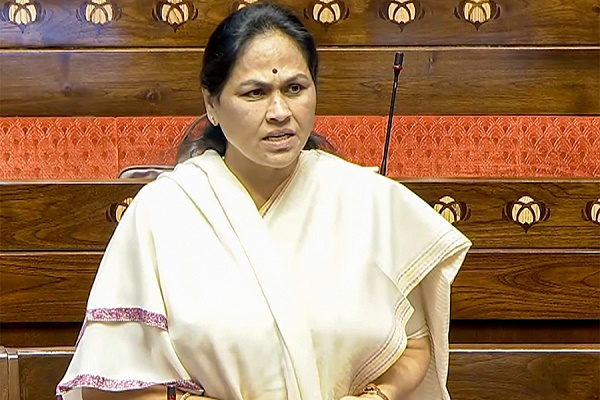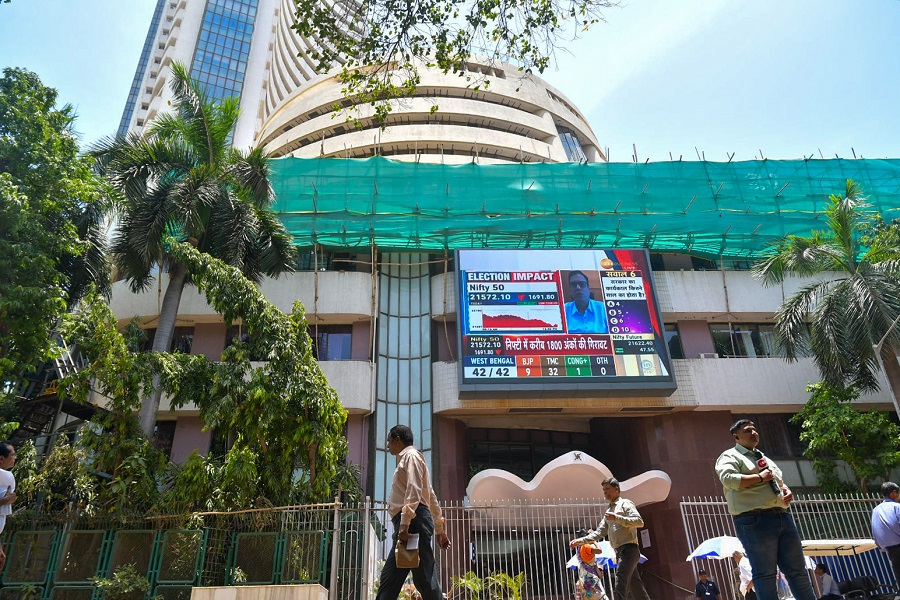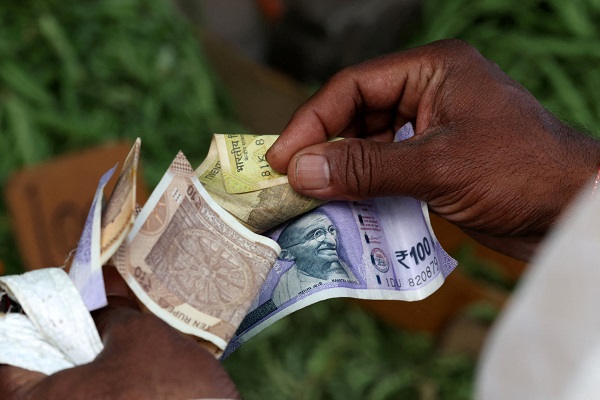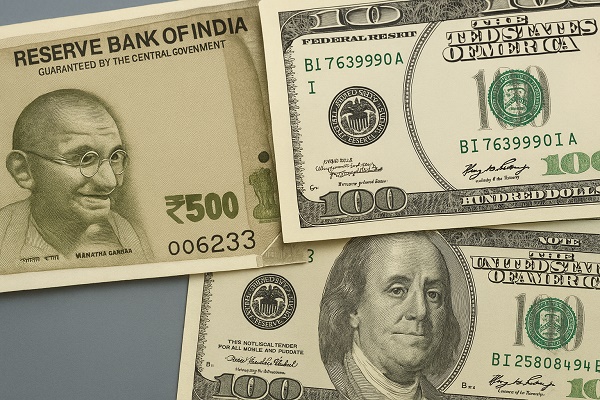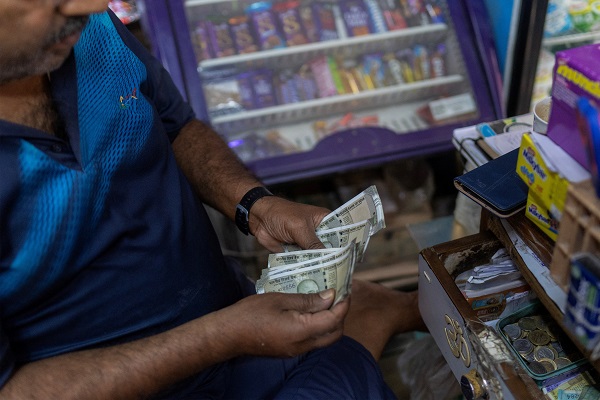Indian rupee`s exchange derivative volumes to plummet on hedging rule, brokers say
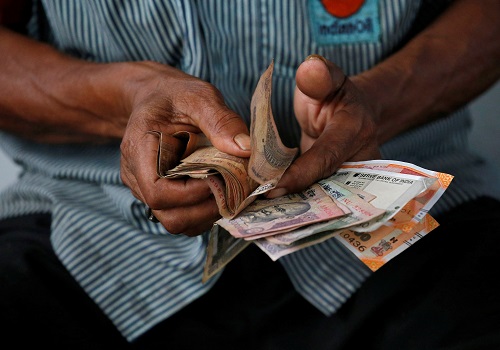
The Indian central bank's soon-to-be-implemented regulation saying exchange-traded rupee derivative transactions can be undertaken only for hedging will cause volumes to plunge more than 80%, dealing a major blow to the segment, six brokers said.
Since the regulation was mooted in January, brokers have feared that proprietary traders and individual investors, who account for most of the rupee derivative volumes, will not be able to meet the underlying exposure requirement, shutting them out of the market and hurting liquidity in the process.
"Once this rule comes into effect, we expect a more than 90% fall in our volumes. The market volumes will likely drop by a similar margin," said Arnob Biswas, head forex research at SMC Global Securities.
"From our point of view, this market is practically over, at least for the time being."
The Reserve Bank of India (RBI) had said it would allow exchanges to offer forex derivative contracts involving the rupee only for contracted exposure, compared to the existing allowance of taking positions of up to $100 million without any underlying exposure.
The hedging rule, which comes into effect from April 5, was reiterated by exchanges on Monday, signalling that the central bank has not changed its mind despite concerns raised by brokers about its impact on volumes. The RBI did not immediately reply to a request for comment.
"The unintended consequence of this will be that liquidity will dry up significantly and the small and medium sized companies - the hedgers - will lose access to risk management tool," said Anindya Banerjee, head research - FX and interest rates at Kotak Securities.
An official at a large brokerage pointed out that only a small portion of their clients - corporates and foreign portfolio investors - would be able to meet the hedging specification.
According to a recent publication by NSE, India's leading exchange for currency derivatives, corporates accounted for just 3.9% of the currency derivatives turnover based on notional turnover in February. Foreign investors contributed 6.2%.
Proprietary traders and individual investors were responsible for 80% of the turnover.
"These were the market markers and the liquidity providers. With them out, who will provide prices to the hedgers?," the official said.
The hedgers, on account of poor liquidity, will withdraw from the market and volumes will drop to "next to nothing", he said.
The official further noted that hedging activity for foreign investors might shift to the local over-the-counter and non-deliverable forward markets.
The RBI has not clarified what prompted this change in rules, leading to market confusion. "This is completely unforeseen and it is difficult to understand what bought this on," said SMC's Biswas.
Exchange-traded rupee derivatives, first introduced in 2008, have seen average daily trading volumes on dollar/rupee futures climb to $2.5 billion from a mere $142 million in 2008, making this an important segment for India's forex markets.






